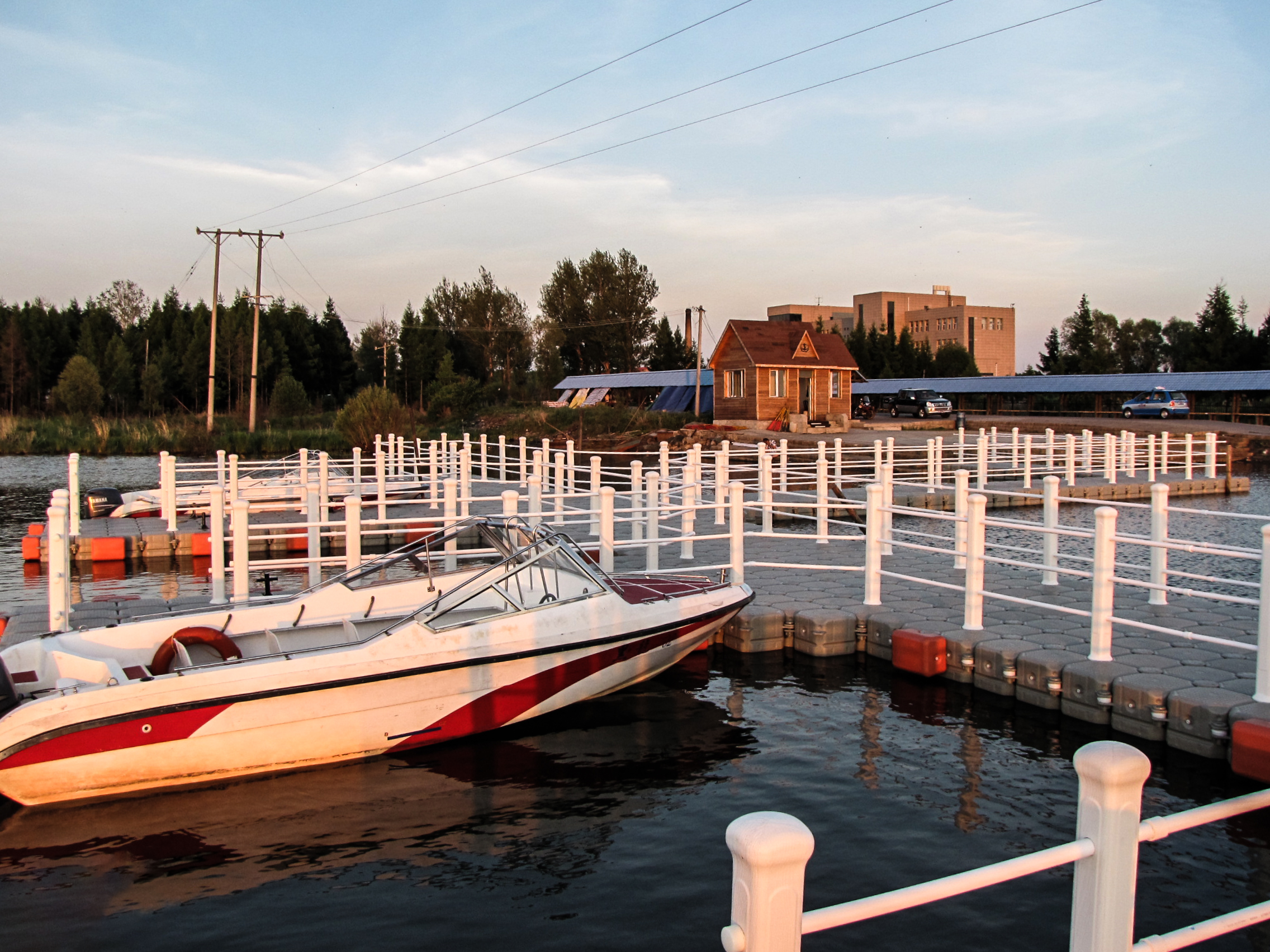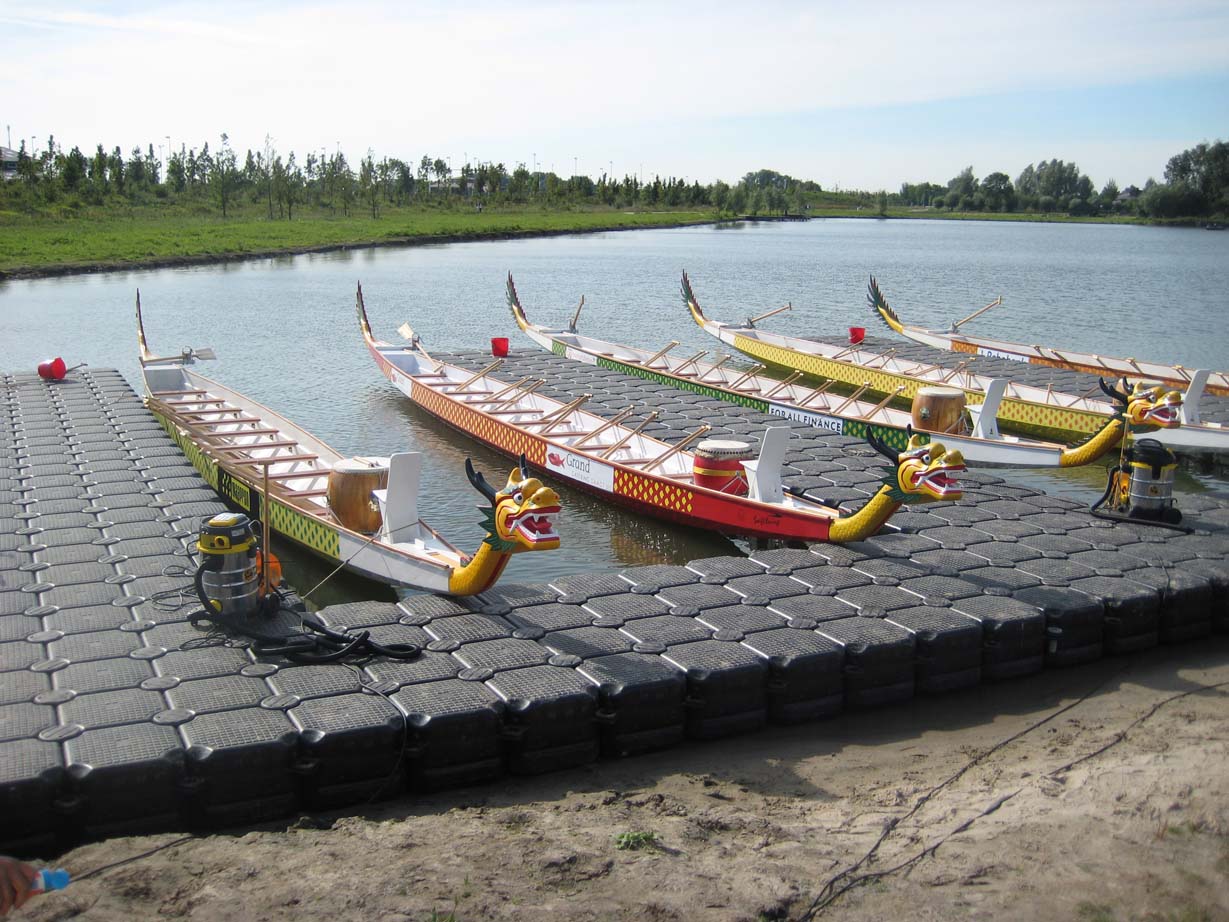Are floating docks worth it?
When it comes to choosing the right type of dock for your waterfront property, there are a lot of factors to consider. One of the main options that many people consider is a floating dock. But are floating docks really worth it? In this article, we”ll explore the pros and cons of floating docks and help you decide if they”re the right choice for your needs.
What is a floating dock?
Before we delve into the pros and cons of floating docks, let”s first define what they are. A floating dock, as the name implies, is a type of dock that is designed to float on the water rather than being anchored to the shore.
Floating docks consist of a series of modular sections that are connected together to create a stable and secure platform. These sections are typically made of materials such as plastic, aluminum, or wood, and they are buoyed by plastic or metal drums or foam-filled floats.

Pros of a floating dock
There are several advantages to choosing a floating dock over other types of docks. Here are some of the main pros:
1. Flexibility: One of the biggest advantages of a floating dock is that it is highly versatile and can adapt to changing water levels. Because the dock is not anchored to the shore, it can rise and fall with the tide, which makes it ideal for areas with fluctuating water levels.
2. Easy to install: Another benefit of a floating dock is that it is relatively easy to install. Because the dock is made up of modular sections, it can be assembled quickly and easily, often without the need for heavy machinery.
3. การบำรุงรักษาต่ำ: Floating docks generally require less maintenance than other types of docks. Because the dock is not anchored to the shore, it is not exposed to the same wear and tear that fixed docks are. This can result in lower maintenance costs over time.
4. Accessibility: Floating docks are often more accessible than other types of docks, particularly for those with mobility issues. Because the dock is level with the water, it is easy to enter and exit boats or kayaks.
5. Portability: Finally, floating docks are often more portable than other types of docks. Because they are made up of modular sections, they can be easily disassembled and moved to a new location if necessary.

Cons of a floating dock
While there are certainly many benefits to choosing a floating dock, there are also some potential drawbacks to consider. Here are a few of the main cons:
1. ค่าใช้จ่าย: Perhaps the biggest disadvantage of a floating dock is the cost. Because they are made up of modular sections and require special materials like plastic or metal drums, floating docks can be more expensive than other types of docks.
2. ความทนทาน: Floating docks are generally less durable than fixed docks. Because they are not anchored to the shore, they are more prone to sway and damage in heavy winds or waves.
3. Limited size: Floating docks are limited in size by their modular design. While you can certainly create a large floating dock by connecting multiple sections together, there are practical limits to how large you can make it.
4. Permitting: Finally, it”s worth noting that floating docks may require special permitting from your local government. Depending on where you live, there may be restrictions on the size and placement of floating docks.

บทสรุป
So, are floating docks worth it? The answer, as with most things, depends on your specific needs and circumstances. If you”re looking for a flexible, low-maintenance dock that can adapt to changing water levels, a floating dock may be the right choice for you. However, if you”re looking for a dock that can withstand heavy winds and waves or one that can be built to a very large size, a fixed dock may be a better option. Ultimately, it”s important to do your research, consider your budget and waterfront needs, and weigh the pros and cons before making a decision.




